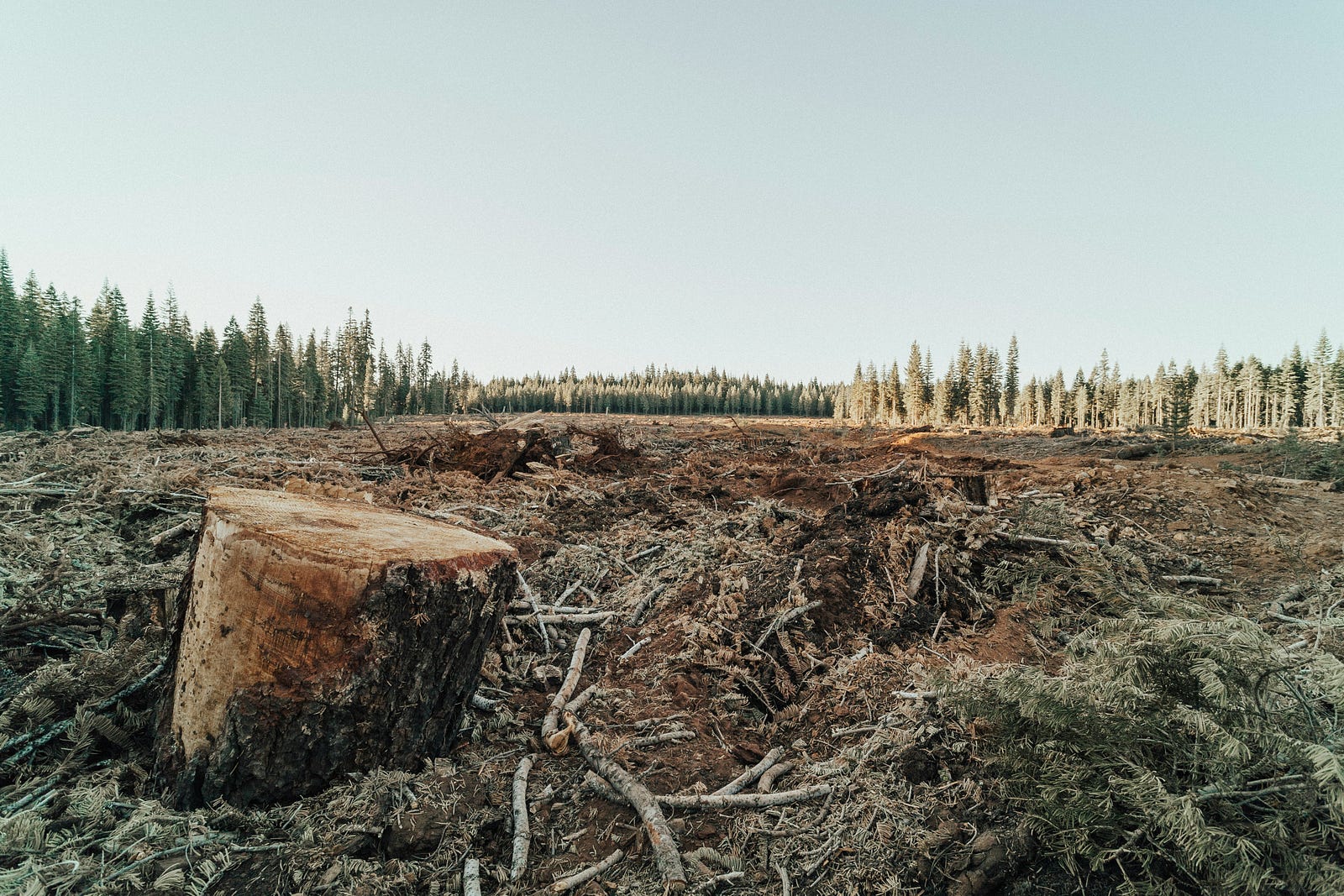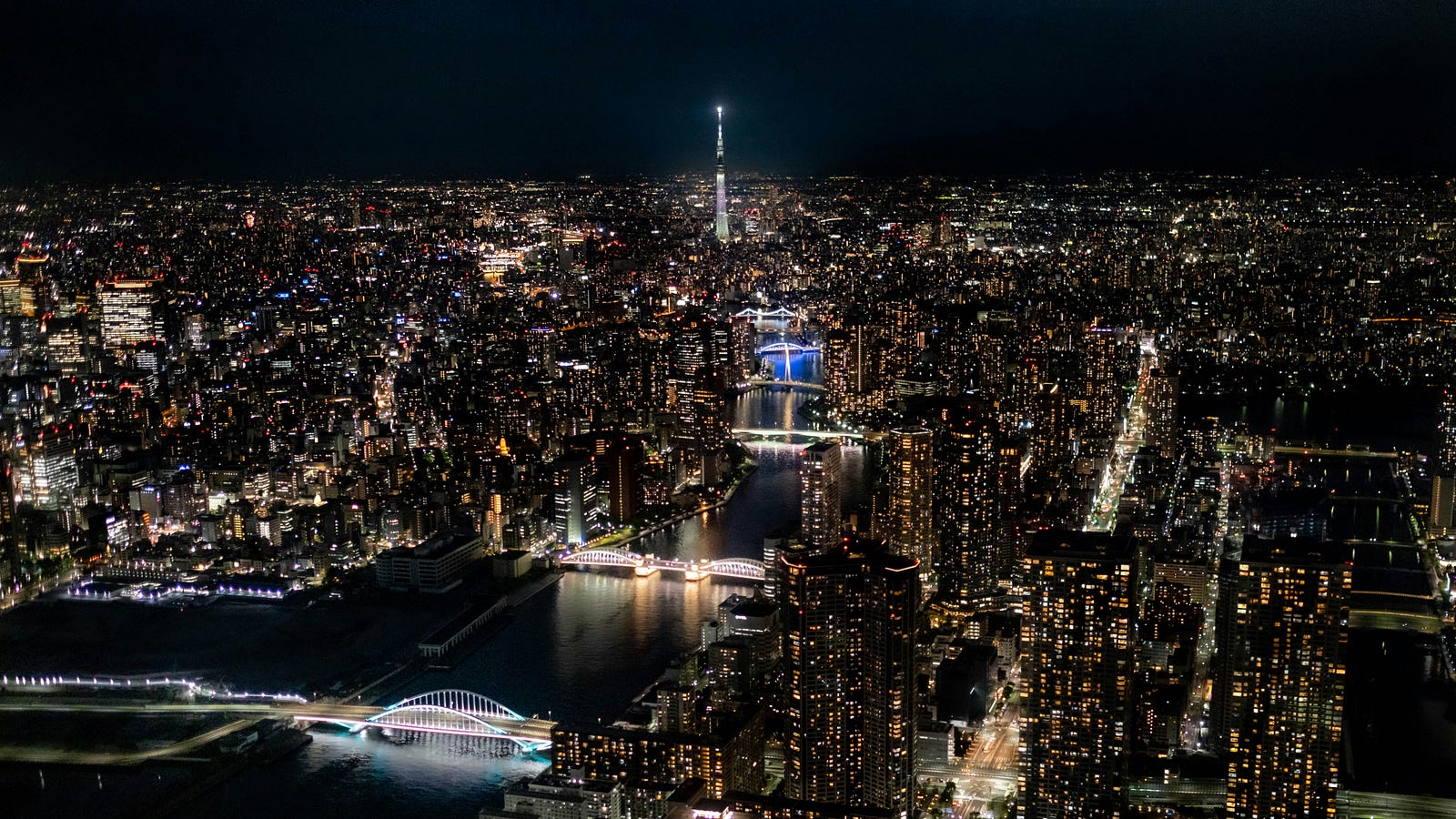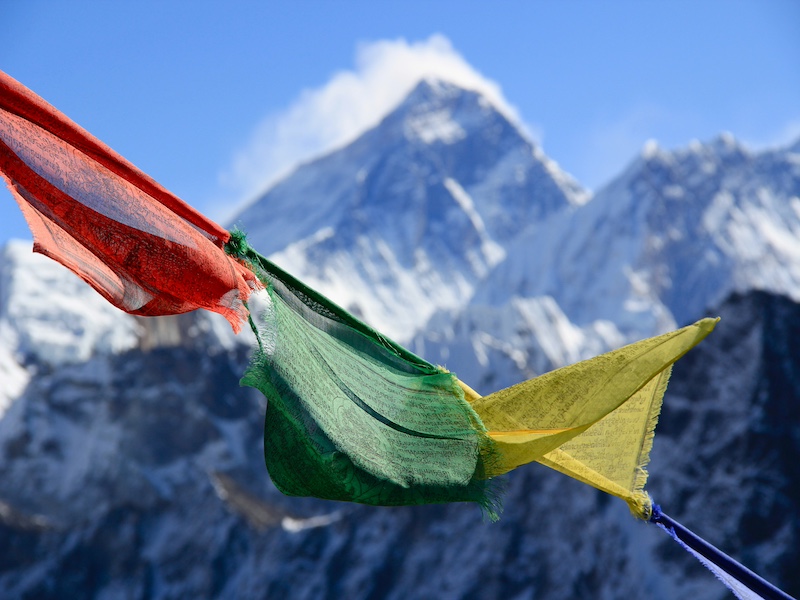How an ambivalence to nature and the attitude that it exists in service of ‘man’ has led to an exploitative relationship
It will cost you anywhere between $32,000 and $200,000. If you can afford it, you’re knowingly signing up for something that has a high risk of death. If you overcome any lingering fears you’ll see plenty of the 322 victims entombed in ice as you struggle slowly towards your destination. Climbing Mount Everest, the highest mountain in the world, is not for the faint-hearted. It doesn’t sound particularly appealing, but that doesn’t stop 800 people attempting to summit the mountain each year. There are plenty of others waiting in line. It’s a dream for thousands, but it’s a bit of a head-scratcher as to why.
The desire to summit Everest is a product of an obsession that has come to define our relationship with nature. We are addicted to overcoming its boundaries. To tame it. To defeat it. To beat it. The world constantly pits ‘man vs nature’. We compete against it and are obsessed with beating it — even though it has no idea it’s competing. And in ‘defeating’ it, we believe we have somehow overcome it.
This obsession with control is deep-rooted in the human psyche. It stems from the idea that nature exists in service of humanity, a belief that has its roots in the Bible. In Genesis 1:28, God commanded the human race to have dominion over every living thing. A belief shared by the ancient Greeks and best exemplified by Aristotle, who argued, “plants are evidently for the sake of animals, and animals for the sake of Man; thus Nature, which does nothing in vain, has made all things for the sake of Man.”
Little has changed in our attitude to living animals in the last 2000 years. There is a definitive hierarchy of which man is at the pinnacle. Wild animals, which are now remarkably few in number, are slaughtered by poachers to sell their ivory, fur coats, or other body parts. If wild animals aren’t slaughtered, they are placed in zoos for us to gawk at.
Unbelievably, as late as 1969, the International Union for the Conservation of Nature (IUCN) defined conservation as the “rational use of the environment to achieve the highest quality of living for mankind.”
Driven by ego
Our ambivalence to nature and the attitude that it exists in service of man has led to an exploitative relationship developing. Man is driven by ego, we are separate from nature and behave as if it exists for us to do as we please.
Take our framing of the climate crisis as an existential risk that could destroy Earth. It will do nothing of the sort. The climate crisis is a crisis because it will destroy the conditions humanity needs to thrive on Earth. If those conditions change it will remain a haven to life, but that life will take a different form. One that is conducive to thriving in the new environmental conditions that are set to prevail.
It’s humanity that has a problem. Not Earth. Yet, our ego-driven, human-centric view of the Earth means the idea Earth could exist without humanity is incomprehensible.
We have formed a relationship with nature based on being some arrogant controller. How different things would be if humanity had an ‘eco’ perspective, and we used our intelligence and ability to work in symbiosis with nature for the common good. If we felt responsible and duty-bound to look after the Earth and act as its guardian.
Forget about all of that. The benefits to us are all that matters — any negatives to the environment are dismissed as inconsequential — externalities that don’t exist when money and profits, the things that are prized above all else, are there to be made.

The idea that nature may have some intrinsic value is nonsense. Its only role is to create value for humans if and when we choose to use it. That’s why 100 million sharks are killed each year for their meat and to make delicacies such as shark fin soup. It’s why over the last 50 years 17 percent of the Amazon Rainforest has been deforested. It’s why the African Elephant is mercilessly poached so we can slice off their tusks and use the ivory to make jewellery. The tragic ongoing ‘elephant holocaust’ means the African elephant faces extinction.
Our obsession with control needs to be placed into context. Throughout human history, arguably up to the beginning of the twentieth century, we’ve had anything but control. Most people lived on the edge of existence, one failed crop away from famine and starvation. The natural world was dangerous, inauspicious, and brutal. There was little understanding of the processes and rules governing nature.
The image of mother nature being some kind of nurturing force is a product of modern society. As the political scientist Robert Inglehart puts it in The Silent Revolution, for our ancestors, “one’s life expectancy is approximately thirty years. A woman spends most of her adult life in pregnancy and child-bearing, burying most of her offspring before they have grown out of childhood.” To sum it up, life was brutal and full of suffering.
Our ancestors may have believed God gave us dominion over the natural world, but it is only in modern society that we have truly begun to control nature. This ability is the result of the powerful combination of science and technology.
Knowledge is power
Scientific breakthroughs best exemplify the axiom that knowledge is power. Science helps to understand the natural world; technology is the application of this understanding. The combination released humanity from the limits set on pre-industrial societies and led to vast improvements in human well-being. One of the most profound is the eradication of viruses that plagued humanity.
Smallpox, the deadliest disease in human history, is estimated to have killed three hundred million people in the twentieth century alone. Having launched a vaccination campaign against the virus in 1967, the World Health Organization declared its successful eradication in 1977. This triumph is a marvel of modern science.
The ultimate visual expression of our control over nature is the city. These human ecosystems have become enormous in scale. Greater Tokyo, home to 38 million people stretches to 22,000 km². There are 34 megacities with populations of over ten million people.

When you look at a city, you look at a cityscape, not a landscape. The human ecosystem exists outside of nature and separates man from it. It is the ultimate expression of how we have tamed nature and moulded it to suit our needs.
The problem we have now is that technology provides us with too much control. Technology has made us so powerful we’re changing the environmental conditions we need to sustain civilization. This fact would have been incomprehensible to those living a few generations ago. It’s still a little incomprehensible now.
We’ve always existed in a technological age so we take our reality and the high living standards it provides for granted. If the outcomes of our technological age weren’t so apocalyptic, this ability to control the world would be astonishingly impressive.
The way we interact with the environment has transformed beyond recognition and yet we still maintain a deep-rooted desire for control. If we have any chance of overcoming the ecological crisis our relationship with the natural world must transform.
As awareness of our impacts on the Earth has increased, environmentalism has flourished. There have never been more people who not only have an appreciation for the wonders of the natural world, but are seeking to restore it and live in harmony with it.
Environmentalists call for a shift to an eco perspective. This call stems from a place of humility and is grounded in an awareness that nature doesn’t need us to survive, but we depend on it for every conceivable thing.
If the environment changes, we risk suffering social collapse. There must be some kind of acknowledgement that this isn’t a mutual relationship. Earth isn’t benevolent, it doesn’t exist to serve humanity.
The thing is, you can’t just wipe the slate clean and reimagine our relationship with nature. While the numbers of environmentalists swell, the human relationship with nature remains dominated by the arrogant controller. As long as it is, we will continue to disregard our influence on the natural world and hurtle towards a future of profound suffering. Seeing how deeply rooted our relationship with nature is, maybe that’s precisely what’s needed to create an epiphany. To shed the shell of the egotistical controller and embrace the humble eco guardian.



